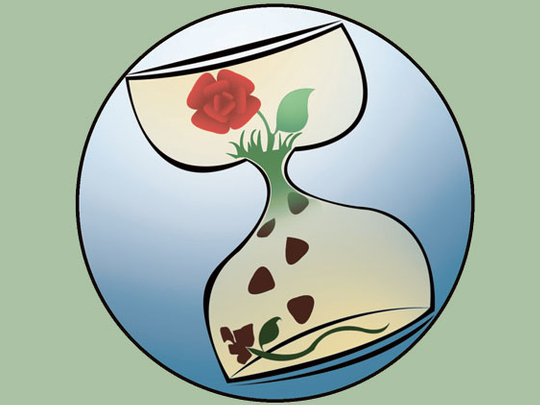
Why are the Sudanese political leaders driving their country from one failure to another, as if failure is an inevitable fate?
Sudan, which gained independence on January 1, 1956, was led by an elite group of intellectuals and open-minded people, who graduated from Oxford and Cambridge, and universities in Beirut and Cairo, and they profoundly engaged in the battle of independence.
The highly-educated political class succeeded in characterising independent Sudan with unique features of progress and genuine liberal values that many countries are still struggling to achieve. What many do not know until now is that in the early 1960s, the first Arab female judges were appointed in Sudan, a sign of progress that was not achieved by several Arab countries until recently.
Those female judges were part of a progressive judiciary, in which a judge did not hesitate to summon the president a few minutes after he was sworn in. The reason might sound silly: his neighbour sued him, for seizing a few metres from the area around his home.
In the 1960s, Fatima Ahmad Ebrahim made another breakthrough by becoming the first Arab woman to be elected to Sudan's parliament in free elections.
There was a solid base for such achievement — education, and in particular the University of Khartoum. An indicator of the academic excellence of this university was the high academic level of its graduates, who were later scattered in the Diaspora, with dozens of experts and advisers working in UN organisations. This university remained independent for decades, academically and politically, from any ruling system in Sudan. What does progress need more than a combination of visionary elite, competence and human capital, and most importantly true will?
In fact, Sudan's problem lies in its traditional political class which has always been a major obstacle to progress. Since independence, the modern history of Sudan was almost one tale: Continuous battles between the young generation of intellectuals and the traditional leaders, which later in the 1990s led to splits in major parties.
The Ummah Party experienced a split against its leader, Sadeq Al Mahdi, while the "Democratic Unionist" Party split between the wing of Sharif Zain Al Abidine Al Hindi and the wing of Al Sayyid Al Mirghani, while the split in Al Khatem Adlan demonstrated the deep crisis in the Sudanese Communist Party between the young generation and its traditional leaders.
A main indicator of failure was the absence of a permanent constitution since the early years of independence, which can be attributed to many problems that remained unsolved and were postponed, thus leading to political instability and the fluctuation between civil and military rule. As a result, Sudan's class of intellectuals gradually diminished with the succession of civilian and military rule, and the monopoly on power, which eventually led to the dominance of military.
Arabisation
Since 1989, the military leaders started the worst chapter in the Sudanese tale: destroying all progressive attributes once considered unique to Sudan. Female judges and honest judges were replaced by ideology-driven judges who would not hesitate to issue a ruling to lash a 16-year-old girl for nothing more than wearing jeans. The University of Khartoum, which was once an institution that defended freedoms and values, was severely sabotaged under the banner of ‘Arabisation'.
As the curriculum in the University was in English, Omar Al Bashir's regime, motivated by the theories of Hassan Al Turabi (when he was enjoying the taste of power) destroyed the prestigious university academically and politically.
Such a step was nothing more than a reflection of the identity crisis. The most important element of the Sudanese tragedy is the ‘identity conflict' which culminated in the creation of South Sudan in 2011. The end of the longest civil war in Africa would not provide an explanation for why the military regime accepted losing one third of Sudan's area, except this one: getting rid of the burden of equality with the southerners.
The traditional political class has done nothing, except resist the idea of equality with southerners, rejecting ethnic and political minorities, instead of treating southerners as Sudanese citizens with full rights. For their part, Sudanese leaders rejected pluralistic democracy which allows for whoever wins, whether southern or northern, to become president, through the ballot box. And since the military raised the flag of Islam, conflicts in Sudan turned out to be merely ethnic ones after the civil political struggle faded. That is why the conflicts became regional: southern Sudan, Darfur in the west, Nuba mountains in the North west, and the tribal fighting of "Bija" in the east.
The only fact in Sudan's long history is that it has not flourished, except in the age of democracy. Regretably, the political class has drained the country's potential and resources, and turned it into a failed state, due to stubbornness, selfishness and narrow-mindedness. The key in this long history is ‘equality'.
Mohammad Fadhel is a Bahraini writer and media consultant based in Dubai.



_resources1_16a45059ca3_small.jpg)





